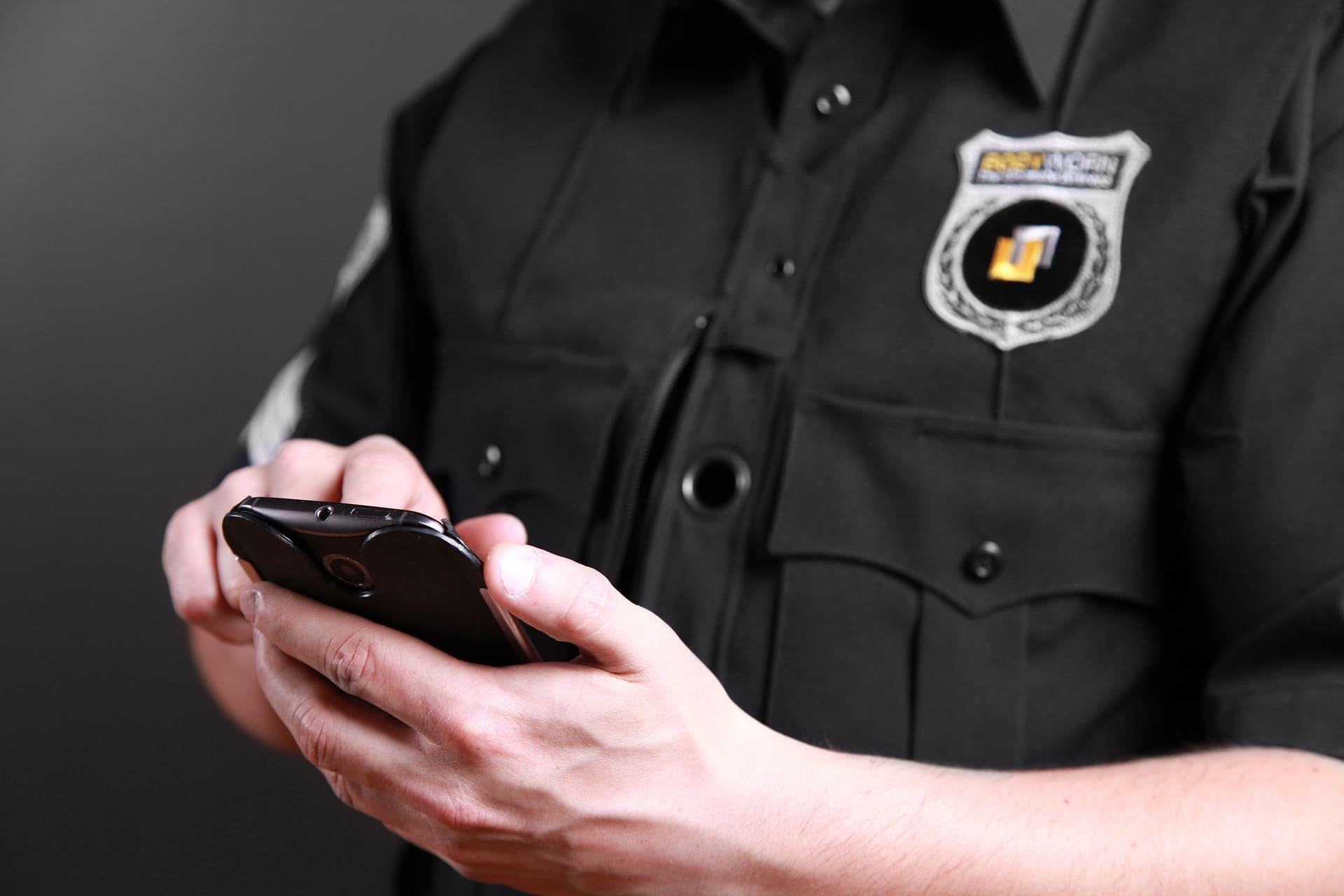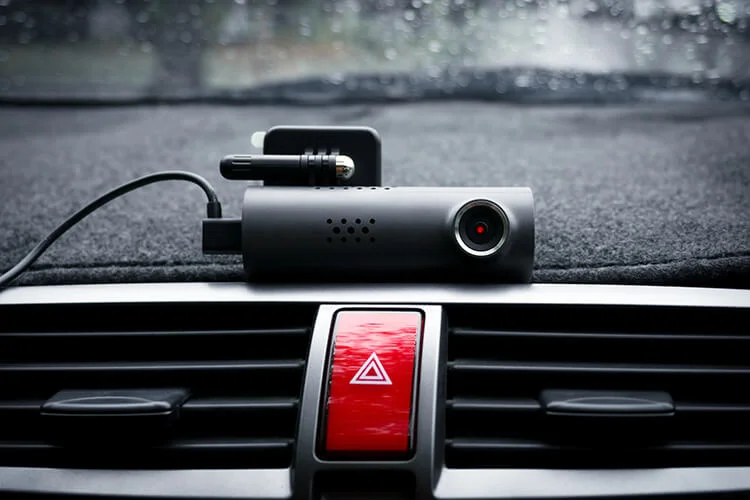Can Police in Alabama Search Your Phone During a Traffic Stop? Most people do not know what the law is allowing Alabama police to do when they pull over people in regard to their rights in phone searches.
Smartphones contain private information, and knowing what law protects one from is important. If one is pulled over in 2024, the law is stating that the police are allowed to search one’s phone.
Understanding the Fourth Amendment
The Fourth Amendment of the United States Constitution states that people cannot be seized or searched without a reason to believe they have violated or are violating the law.
Ordinarily, it means that police cannot search your property, which means they also cannot search your cell phone, without a warrant. But there are always some exceptions depending on the circumstances surrounding the stop.
When can Police search your phone without a Warrant?
In Alabama, police have to have a reason to look through your phone. There are primarily two circumstances where search without a warrant is legal:
- Your Consent
When you give police permission to search your phone, then you do not need a warrant. You don’t have to agree, though. When you say no to the search, that can’t be used against you.
- Probable Cause
The police officer may say they have probable cause to search your phone if they think it has evidence of a crime on it. For example, if they say you were texting while driving, they might say that your device shows proof of the crime.
- Search Incident to Arrest
If you are detained in the stop, the police may search through your belongings, including your phone. But courts have held that even in such a case, accessing data on a smartphone typically requires a warrant because it is too private.
- Exigent Circumstances
In extremely rare circumstances, police may not require a warrant to search someone if they believe that waiting too long could destroy evidence or put people in immediate danger.
Supreme Court Decisions Affecting Cell Phone Searches
The 2014 U.S. Supreme Court decision in Riley v. California has a significant impact on cell phone searches.
Generally, the court ruled that police cannot search the contents of a cellphone without a warrant even if someone is being arrested. People have the right to privacy, and that’s what this decision puts across because phones store much personal data.
What Should You Do During a Traffic Stop?
- Stay Calm and Polite
Be respectful and cooperative but know your rights.
- Decline Consent If Asked
You can say, “I do not consent to a search,” if an officer wants to look at your phone.
- Demand a Warrant
If the officer continues with the search of your phone, demand to see a warrant.
- Record the Incident
If you feel that your rights are being violated, write down the details of the incident and consider contacting an attorney.
Conclusion
In Alabama, police can not search your phone during a traffic stop unless they have a warrant or a good reason.
Knowing your rights and standing up for them calmly can protect your privacy and stop power abuse that might happen. Talking to an attorney is the best way to make sure your rights are protected if you are ever not sure.


 by
by 




